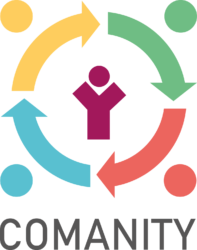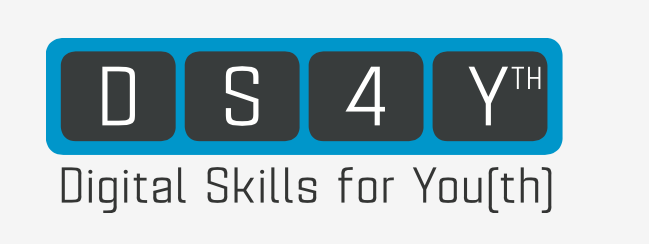Effective communication is important in any working situation, but it is crucial when working with marginalised groups. The following good features of effective communication and barriers to communication are by Habits for Wellbeing, whose full document is linked here: https://www.habitsforwellbeing.com/9-effective-communication-skills/
Effective Communication Skills
Effective communication doesn’t happen overnight, it is a skill that has to be cultivated and nurtured. Below are some skills that can be practised to build on or develop your communication skills.
- Active Listening – some ways to actively listen include: listen twice as much as you speak, listen with your whole body, be alert and interested in the other person, refrain from interrupting and reflecting back what you have heard. Remember – “The most basic of all human needs is the need to understand and be understood. The best way to understand people is to listen to them.” ~ Ralph Nichols.
- Non-Verbal Communication – we transmit information using words, gestures and body language, subsequently active listening also involves non-verbal communication. Sometimes you can be unaware of the messages you are sending none-verbally. Examples of non-verbal signals include tone of voice, eye contact, facial expressions, silence and hand, arm and leg postures. Are you aware of the signals your non-verbal communication could be sending?
- Asking Questions – when you are in conversation with someone, asking questions shows you are interested in them. There are many types of questions you can ask including – open (i.e. questions that start with What and How), closed (i.e. questions that start with Did, Do, Would, Will, Should, Could, Have, Must and Is), specific (e.g. questions that are specific can start with When, Where, Who, Which, How much, How many and How often) or visionary (e.g. what are your dreams).
- Being Clear and Succinct – when you are speaking, be clear, articulate and concise. Less is more when it comes to speaking and speak plain English.
- Clarifying and Summarising – to ensure you are hearing correctly you can reflect back to clarify what you have heard and summarise what you have heard from the other person. This shows you are listening to the other person and also checks you have the message correct that they are trying to get across.
- Being Empathetic – having empathy for another person is the ability to understand and share the feelings of another. Not sure what I am talking about – have a look at this beautiful clip called “If We Could See Inside Other People’s Hearts.”
- Providing Feedback – it doesn’t matter whether you are giving or receiving feedback, the feedback process is a vulnerable place to be. If you are providing feedback, you may like to use the Engaging Feedback checklist that was developed by Dr Brené Brown.
- Developing Trust and Rapport – what is trust for you? How do you build trust with your friends, family and colleagues? Is it about doing what you say you are going to do and building relationships on honesty and integrity? How do you build trust in your relationships? As Ralph Waldo Emerson stated – “The glory of friendship is not the outstretched hand, not the kindly smile, nor the joy of companionship; it is the spiritual inspiration that comes to one when you discover that someone else believes in you and is willing to trust you with a friendship.”
- Being Present – being present links to many of the above skills. Some of the words that relate to being present include being accepting of the other person you are communicating with, allowing life to be as it is, cultivating compassion and having a beginners mind. Thich Nhat Hanh so eloquently says – “The most precious gift we can offer others is our presence. When mindfulness embraces those we love, they will bloom like flowers.”
Five Barriers to Effective Communication
- Judging the other person. If you are judging a person whilst you are talking to them you could be criticising, diagnosing or calling them names. An example of criticising is saying “don’t you understand anything?”
- Not paying attention to the person you are talking to. Examples of this include – playing with your mobile phone or electronic device, not listening to the thoughts or feelings of the person you are speaking to, looking away when the other person is talking.
- Using technical language. Have you ever been at an event when people are using acronyms or language relevant only to their profession? If so, you know what I mean!
- Giving solutions or unwanted advice. I am not sure of many people who like to be told what to do! What about you?
- Avoiding the concerns of others. In a conversation that is avoiding the concerns of others, the listener don’t address the problem (i.e. the individual’s feelings and concerns are not taken in to account). This can be done in a variety of ways, including diverting the conversation, reassuring the person or discounting the, (i.e. yes, but…).



